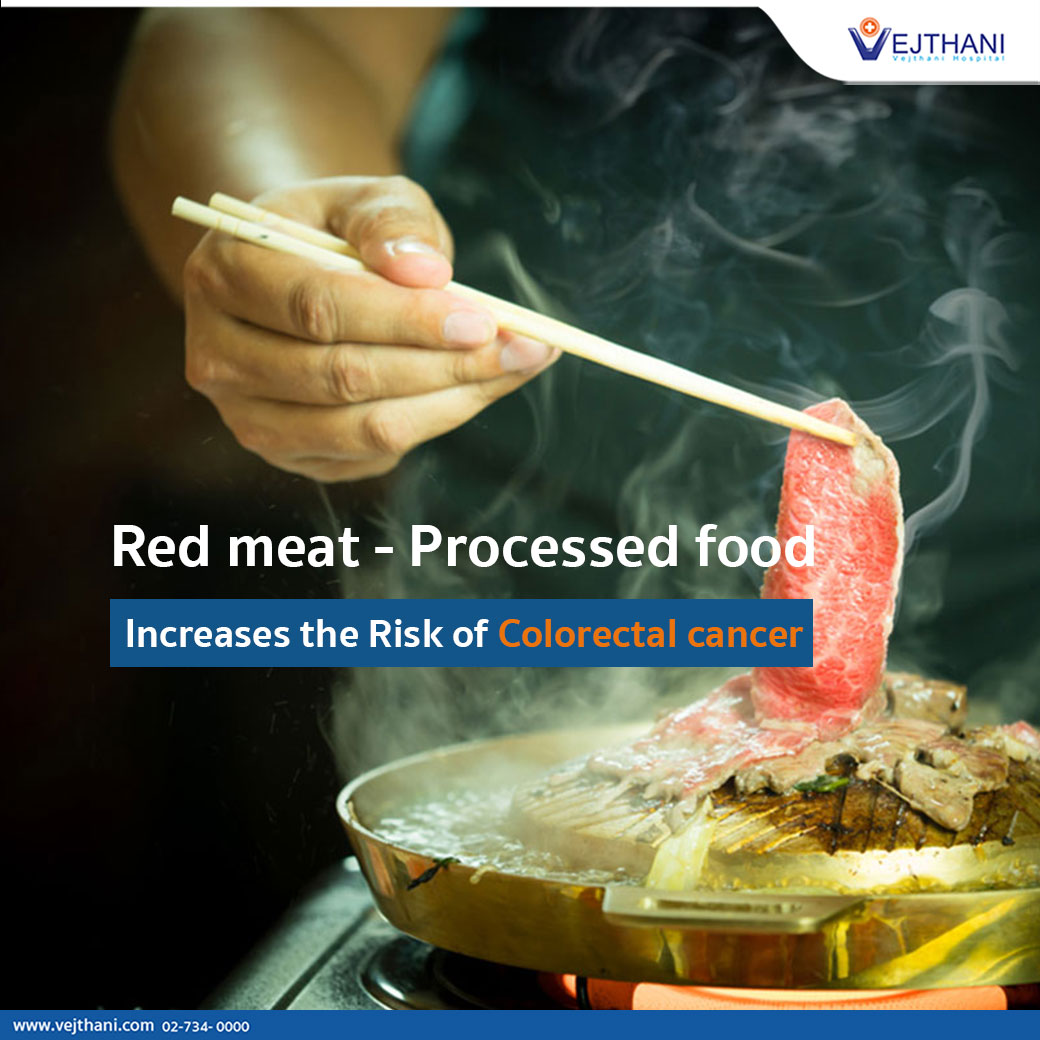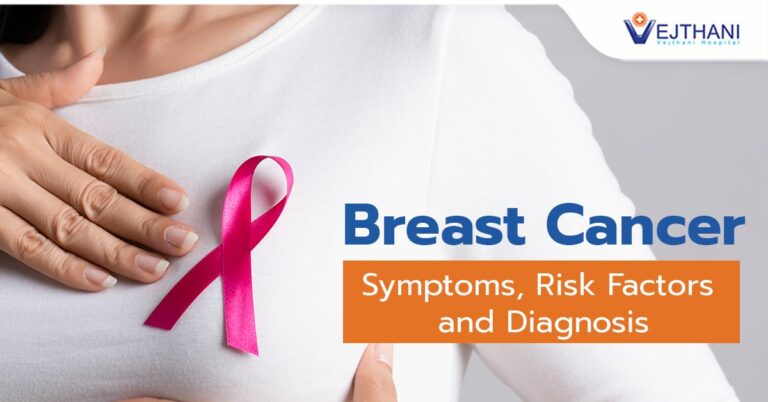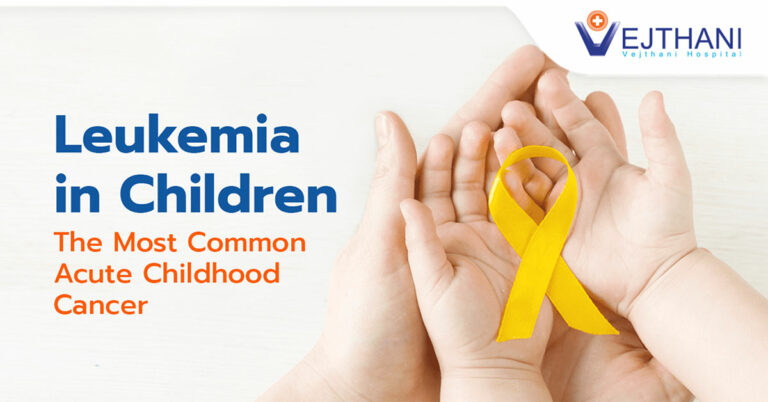August 6, 2024
“Red meat – Processed food” Increases the Risk of Colorectal cancer

How many of us are aware of the risk factors contain in our daily consumptions for Colorectal Cancer, especially in red meat and processed food. We go on to our day to day lives without paying enough attention to what we consume. Risk elements primarily consist in processed foods contain Nitrosamine, a chemical compound that creates carcinogenic substances which has the potential to form cancer cells when they are build-up in the human body and cause chemical reactions with other factors in the internal organs.
Buffet style dining like BBQ and Korean cuisine are widely popular among people and has become a top choice for customers in present day. However, the harm of consuming red meat whether it being pork, beef, lamb or mutton cooked at high temperatures when they are over fried or hard boiled is often overlooked by many of us. Certain chemicals are produced when food is cooked at overly hot temperatures and that can damage the cells in the colon which further increases the chance of colorectal cancer. Preparing red meat at high temperatures produces Polycylic Aromatic Hydrocarbons (PAHs) and Heterocyclic Aromatic Amines which are both carcinogenic substances that result in the causes of colorectal cancer.
The risk of developing colorectal cancer varies upon the quantity of red meat a person consumes. It has been found that intake of 100 grams of red meat a day can increase the chance of getting colorectal cancer by 17%, while consuming processed food of 50 grams per day, further accelerates the risk by 18%.
Therefore, to assume only grilled and barbequed food can be the factors to increase the chance of colorectal cancer would not be entirely correct. Consumption of red meat and processed meat prepared in different methods of cooking could also be the risk components.
Colorectal surgeon at Vejthani Hospital suggests that proper quantity of red meat and processed foods to consume per day is about 50-100 grams. And it is better to find other sources of proteins from egg, beans and tofu to replace red meat and processed foods. Furthermore, increasing the intake of fruits and vegetables up to at least 400 grams a day will reduce the chance of developing colorectal cancer.
Nevertheless, the habit of consuming red meat and processed meat could be difficult to control as it has become a part of our lifestyle that we cannot seem to avoid. Thus, people with risky eating behaviors and aged over 50 years old are highly recommended to undergo a colonoscopy to investigate any changes, abnormalities or occurrence of polyps in the colon and rectum. As polyps have the potential to develop into colorectal cancer in the future. With a state-of-the-art technology, colonoscopy allows the surgeon to detect polyps at an early state, even if they were only 2 millimeters or as tiny as the size of a mung bean. And when polyps are detected in the colon during the procedure, surgeons are able to safely and immediately remove them in order to prevent the development of colorectal cancer.
For patients detected with cancerous polyps in the colon at an early state, in some cases, with the help of technological advancements, surgeons are still able to treat the patients by performing laparoscopic surgery without leaving an external scar. Moreover, the procedure has less complications than major surgery and has fast recovery period, allowing the patient to quickly return to their normal lifestyle. Nonetheless, colonoscopy needs to be performed by a colorectal surgeon only.
August 1, 2024
Breast Cancer: Symptoms, Risk Factors and Detection
July 25, 2024



Call Us
Hi! How can we help you?